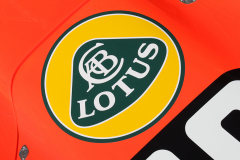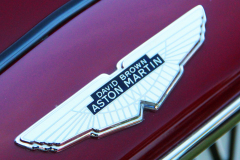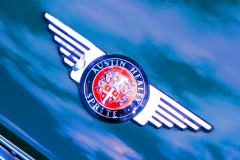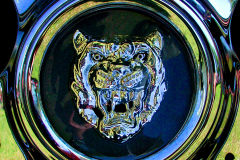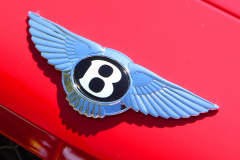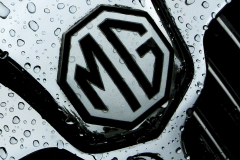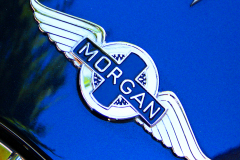British
Early motor vehicle development in the UK had been effectively stopped by a series of severe restrictions under the Locomotive acts of the19th century. The worst restrictions of these acts, (the need for each vehicle to be accompanied by a crew of three, and a 2 mph speed limit in towns), was lifted in 1896. Vehicles under 3 tons (unladen weight) were exempt from the previous restrictions, and a higher speed limit of 14 mph was set. To celebrate the new freedoms an Emancipation Run was held on the day the new act came into force. This occasion has been commemorated since 1927 by the annual London to Brighton Veteran Car Run.
Motorcars came into use on British roads during the early 1890s, but initially relied entirely on imported vehicles (mainly from Germany and France). The UK’s first serial production car was made in Coventry by “The Daimler Motor Company Limited “,using engines and other technology developed in Germany by Gottlieb Daimler. The Prince of Wales, later King Edward VII, bought a series of Daimlers and in 1902 awarded the company a royal warrant as suppliers of motor cars.
By 1900 however, the first all-British 4-wheel car had been designed and built by Herbert Austin as manager of The Wolseley Sheep Shearing Machine Company. In 1901, backed by Vickers Limited, Austin started what became Wolseley Motors in Birmingham and became UK’s largest car manufacturer until Ford in 1913.
Of the 200 British makes of car that had been launched (many of them stemming from the bicycle industry), only about 100 of the firms were still in existence by 1913. By 1913 Henry Ford had built a factory in Manchester and had become the leading UK producer, followed by Wolseley, Humber, Rover and Sunbeam.
Car production virtually came to an end during the war years 1914–1918, although the requirements of war production led to the development of new mass-production techniques.
By 1922 there were 183 motor companies in the UK, but by 1929, following the slump years, only 58 remained. Production was dominated by Morris, Austin and Singer.
In 1932 the UK overtook France to become Europe’s largest car producer (a position which it retained until 1955). In 1938 William Morris re-organized his motor vehicle companies into the
Nuffield Organization (including MG, Wolseley, Riley and Morris Motors). In 1939 the top producers were Morris, Austin, Ford, Standard, Rootes (having acquired Humber and Sunbeam) and Vauxhall (acquired by GM).
Following the Second World War, with the inevitably limited competition from continental Europe, and with world demand greater than supply, British vehicle exports reaching record levels and the UK became the world’s largest motor vehicle exporter. In 1937 the UK provided 15% of world vehicle exports. By 1950, this had risen to 52% and the UK was the second-largest manufacturer of cars in the world (after the US) and the largest exporter.
This situation remained until the mid-1950s, by which time the American industry production had caught up with American demand, and European production was recovering. The American owned producers in the UK (Ford and GM’s Vauxhall) had between them a 29% share of the British market, which exceeded the share of either of the UK’s two top domestically owned manufacturers.
Pressure, in subsequent decades lead to massive consolidation in the UK automotive industry as it experienced considerably lower growth than competitor nations such as France, Germany and Japan.
Eventually, in 1975, the British Government nationalized the industry and acquired “British Leyland” which by then owned most of the domestic producers that were not owned by the American companies Ford and Chrysler
Since the early 1990s many British car marques have been acquired by foreign companies including BMW (Mini and Rolls-Royce), SAIC (MG, Austin, Morris and Wolseley), Tata (Jaguar and Land Rover) and Volkswagen Group (Bentley). Rights to many other dormant marques, (including Austin, Riley, Rover and Triumph), are also owned by foreign companies.
Other remaining British car marques are Aston Martin, Morgan, Mclaren and Lotus.
By 2008 the UK had dropped to 12th-largest producer of cars measured by volume.

